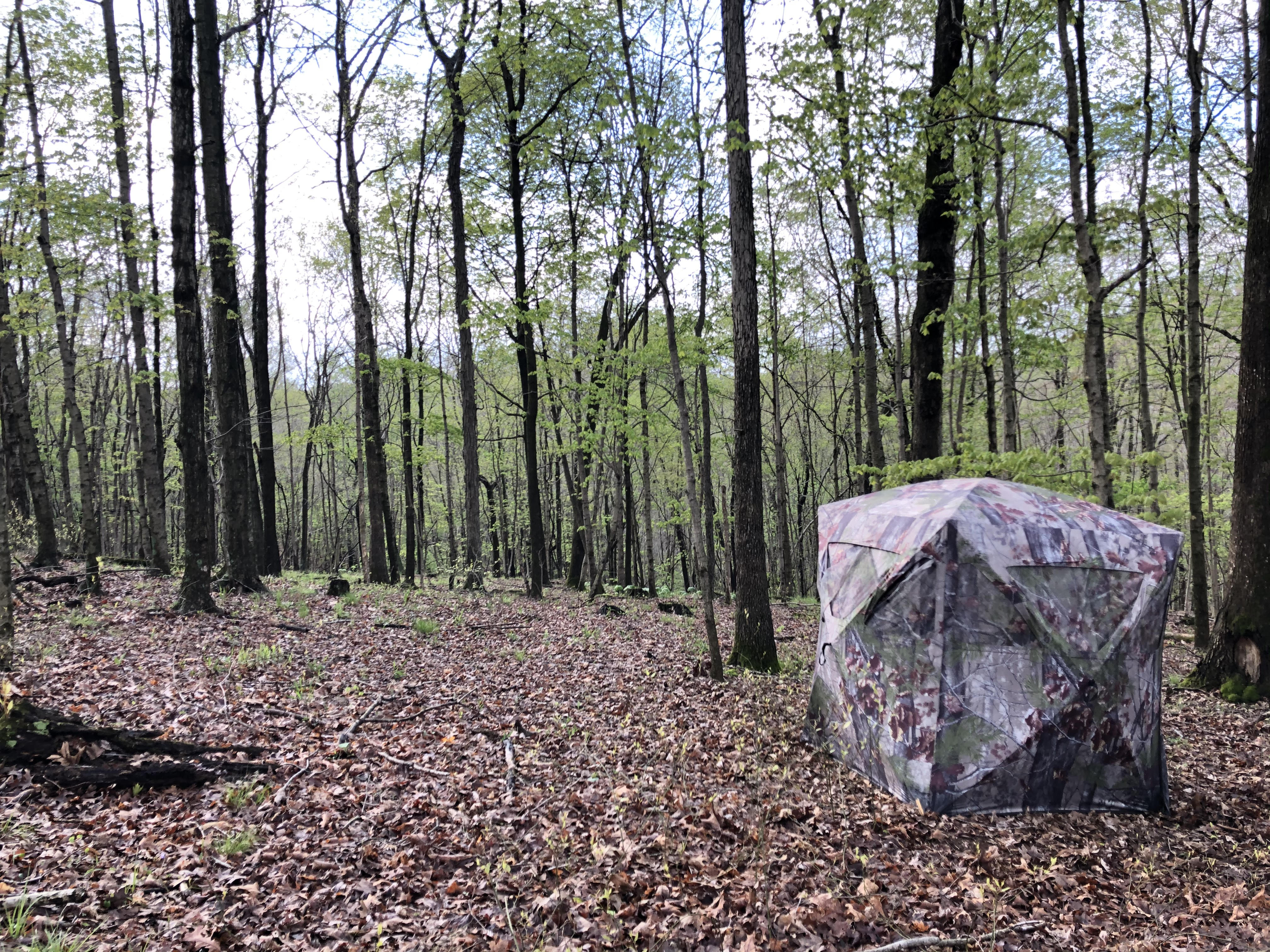Patoka Sportsman 5-30-20
Patoka Sportsman 5-30 & 5-31-20
The Indiana Bass Federation, a state organization with the purpose to assist and unite member clubs and to assist and cooperate with the Indiana Department of Natural Resources (DNR) in matters that are mutually beneficial to Indiana resources has released approx. 1,800, 8”-10” inch largemouth bass into Patoka Lake on Friday, May 29. The Indiana DNR has been crucial in the habitat planning and coordination of the fish release.
Patoka Lake is the second-largest reservoir in the U.S. state of Indiana (after Lake Monroe) and is spread across Dubois, Crawford, and Orange counties in southern Indiana. This stocking is part of the Indiana Reservoir Habitat Enhancement Program developed by the Indiana DNR.
The goal is to stock bass in Patoka Lake in 2020 to be studied by the Indiana DNR over the next five years. If anyone would like to be a part of this cause, the IBF has a GoFundMe page so additional funds can be directed to continue and expand the stocking program to other lakes.
The race is still on for 2020! Registration is open for the Full Moon 5K taking place at Patoka Lake beach on Friday, June 5 at 9:15p.m. All proceeds from this event will go to support Patoka’s non-releasable raptors; a red-tailed hawk, eastern screech owl and bald eagle. Early registration is $25 which includes a race t-shirt. Go to http://fullmoon5K.itsyourrace.com to register today! For more information call (812)685-2447.
Thunder Over Patoka is still on but will be a little different this year. More details forthcoming.
Grab your friends, family, fishing pole, tackle and bait, and head over to Patoka Lake on Saturday, June 6th from 9:00a.m. to 11:30a.m. for the annual Kids’ Fishing Derby. Park at Osborn Ramp, off Highway 145. This event is for children 12 years of age and under and they must be accompanied by an adult. Prizes will be awarded! The award ceremony will begin at 11:00a.m. Advance registration is required this year to enhance safety of participants due to Covid 19. Register by calling the Patoka Lake Nature Center at (812)685-2447. Plan to bring lawn chairs, sun screen and refreshments, and join in the fun!
The Dubois County Sportsmen’s Club has cancelled their kids fishing derby normally held on the first weekend in June. They plan to have it next year.
There will be a 3-D Broken Arrow Archery shoot Sunday June 14th at Beaver Lake. Sign-in will be from sunrise till noon. A practice range will be available, and concessions will also be sold. The entry fee is $10 for all adults, $8 for children age 11-17, and free for the cub class (10 and younger) and active military members. For more information , call cliff fleck at (812)630-0454 or karla brames at 8128273756.
In many areas of the country the dove opener marks the beginning of the fall hunting season, and there are few more enjoyable ways to spend a September afternoon than sitting on an upturned bucket staring at the sky and waiting for the birds to appear. Good dove hunting can also up the value of your hunting property. Hunters in the market for a new patch of land to hunt will be more likely to pay for a parcel of land with an established dove field.
Whether you are managing dove fields for fun or profit, every landowner should carve out a patch of land and dedicate it to hunting America’s favorite native game bird. This doesn’t have to be a big patch of ground, either; a few tracts of land that are an acre or two in size will suffice, and with a little extra time and effort and a minimal investment you can reap the rewards of having an established upland field early in the season.
Dove habitat won’t detract from your other game management routines and in fact, building a dove field may actually improve the habitat for other game animals. Deer, for instance, often use dove fields for cover and, depending on the crop, whitetails may actually feed on the plants you’ve established for birds, so planting a dove field might help improve your odds of success pursuing other game.
Doves are simple creatures and their day-to-day activities are pretty routine. Finding food - generally in the form of seeds - is the first order of business. Our native mourning dove, as well as the invasive collared doves that were introduced to the United States in the 1970s, are “ground feeders.” They spend their time shuffling along open areas in search of dropped seeds and grains. Additionally, doves need a water source, so they prefer to feed in areas near water. However, they will travel considerable distances when water is scarce.
Doves have a gizzard, a portion of the esophagus that helps them break up tough seeds using digestive juices and small stones and other hard items. Those hard items, known collectively as “grit,” must be ingested by the birds, and this is why you’ll oftentimes see doves picking at rocks on the side of the road or in sandy open areas.
Doves also look for good roost sites. It you happen to have all four of these items - food, water, grit, and roost trees in one area, you’ll likely have a lot of doves. Since doves eat seeds and grains that have fallen to the ground you’ll need to decide upon a crop that produces abundant seeds and matures at the right time of year (generally late August). Sunflowers are the most common choice but Sorghum is also an alternative.
Early site prep involves breaking up the ground and, above all else, clearing weeds. Limited ground cover is critical to establishing a successful dove field. As you get close to the hunting season it’s time to start scouting and cutting the crop. Mowing rows in your dove fields will scatter seeds and bring the birds into your area, but you must time your mowing correctly so that the birds are aware of the food and actively feeding on opening day.
If you head out on the opening morning of dove sea-son with a group of friends and everyone kills a limit, it’s tempting to hunt there again another day. That’s a mistake. Dove fields can easily be burned out by overhunting, and these birds quickly learn to avoid areas where they have faced swarms of pellets each day.
Ideally, you can plant two fields and alternate hunting days. If a dove field has a day or two to rest between shoots you’ll take more birds over the course of the season, and if you have the land and ambition to plant more fields you can generally hunt a new spot each day without ruining the



